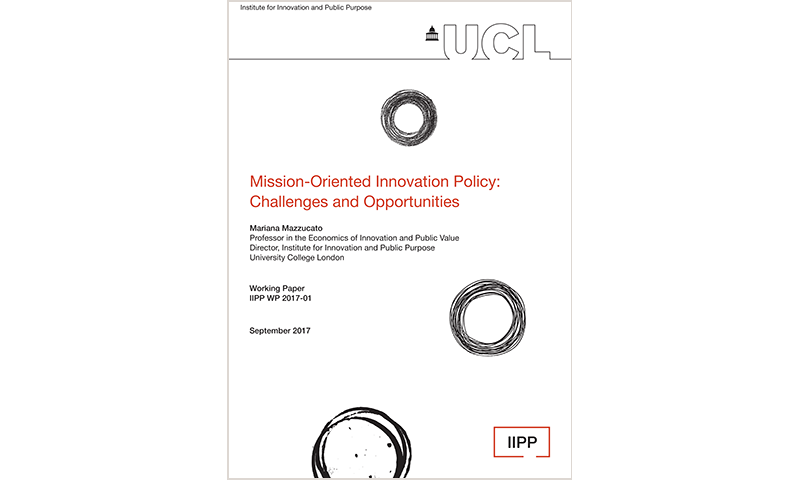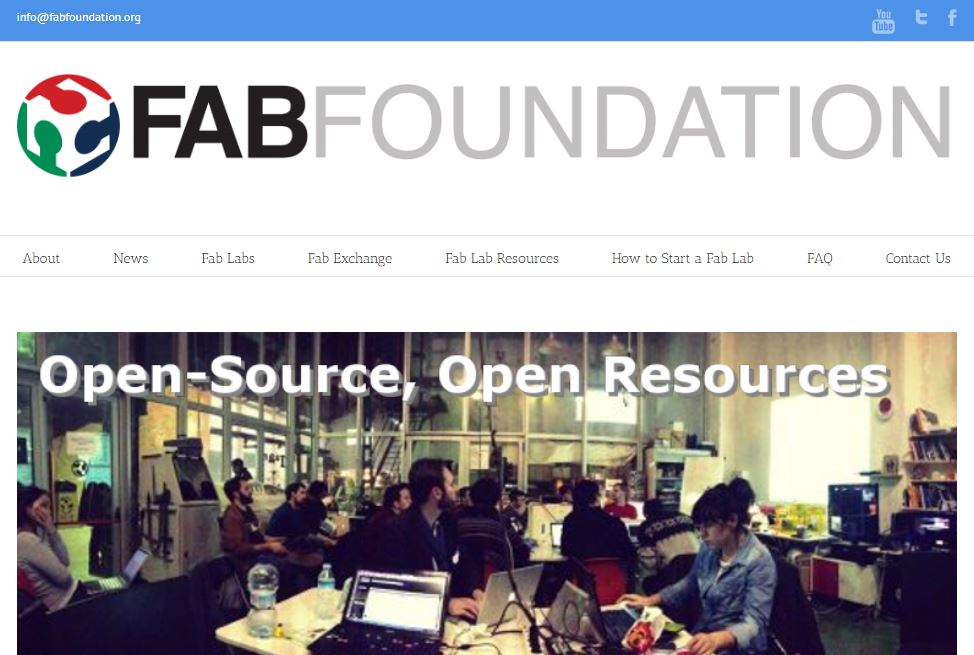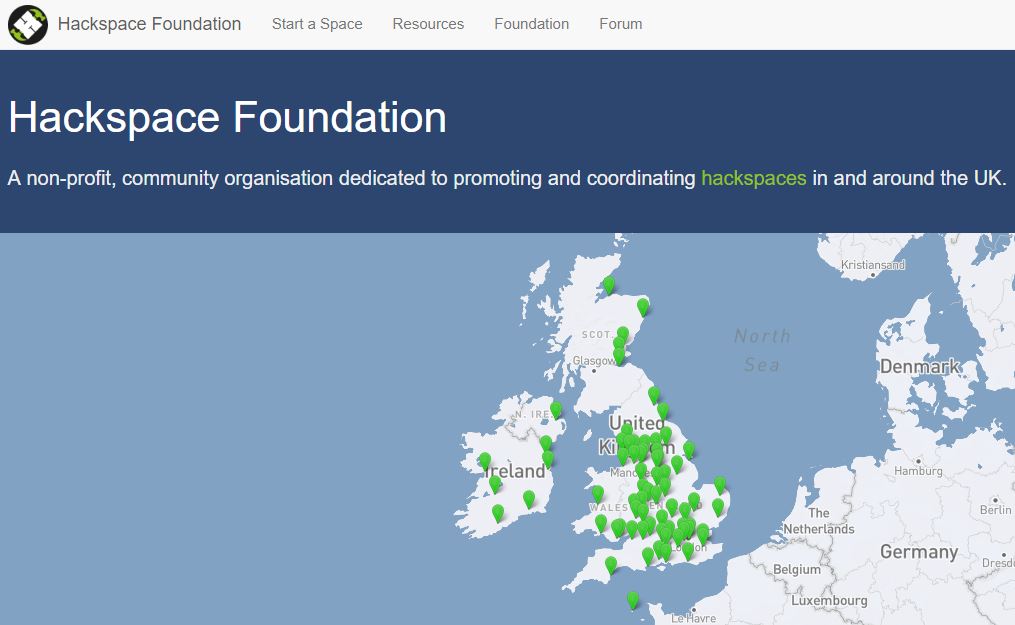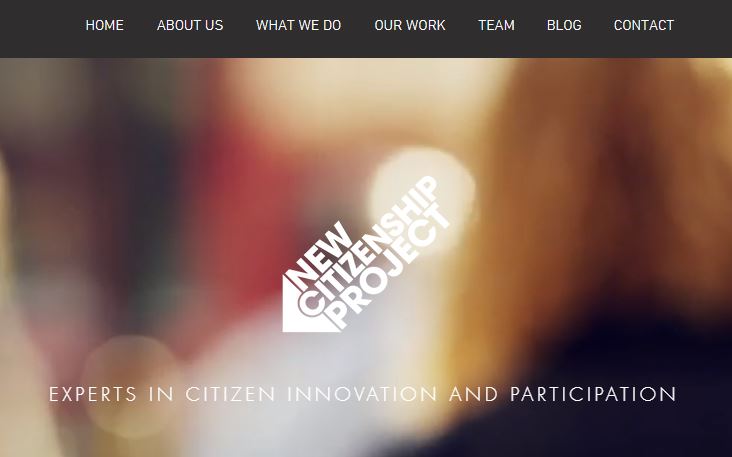
25 September 2017
UCL Institute for Innovation and Public Purpose
Working Paper
Ref: IIPP WP 2017-01
By Mariana Mazzucato
Professor in the Economics of Innovation and Public Value
Director Institute for Innovation and Public Purpose, University College London
Summary
Governments are increasingly seeking economic growth that is smart (innovation-led), inclusive and sustainable. They are trying to achieve this in a context of major social and environmental challenges such as tackling climate change, improving public health and wellbeing and adjusting to demographic changes.
Mission-oriented innovation policy responds to these ‘grand challenges’ by identifying and articulating concrete problems that can galvanise production, distribution, and consumption patterns across various sectors. In doing so it recognises that:
- economic growth has not only a rate but also a direction,
- innovation requires investments and risk taking by both private and public actors,
- the state has a role in not only fixing markets but also in co-creating and shaping them,
- successful innovation policy combines the need to set directions from above with the ability to enable bottom up experimentation and learning,
- missions may require consensus building in civil society.
The changes in mind set, theoretical frameworks, institutional capacities and policies required are by no means trivial, but equally mission-oriented innovation policy is far from being a step into the unknown. As set out in this paper, there is substantial theory, evidence, case studies and experience accumulated over many decades of successful practice.
(17 MB PDF)
To learn more, please visit: Mission-Oriented Innovation Policy: Challenges and Opportunities






